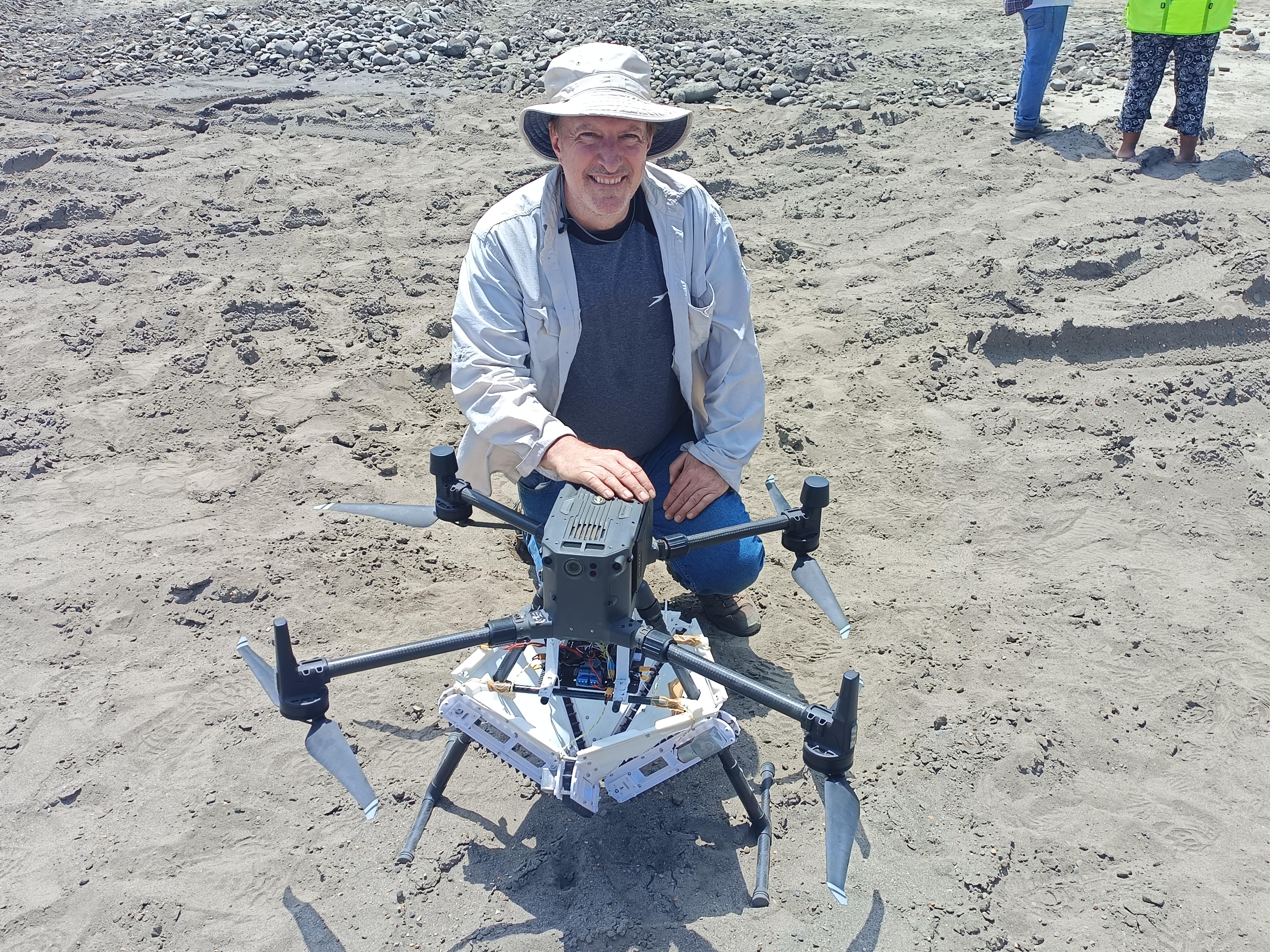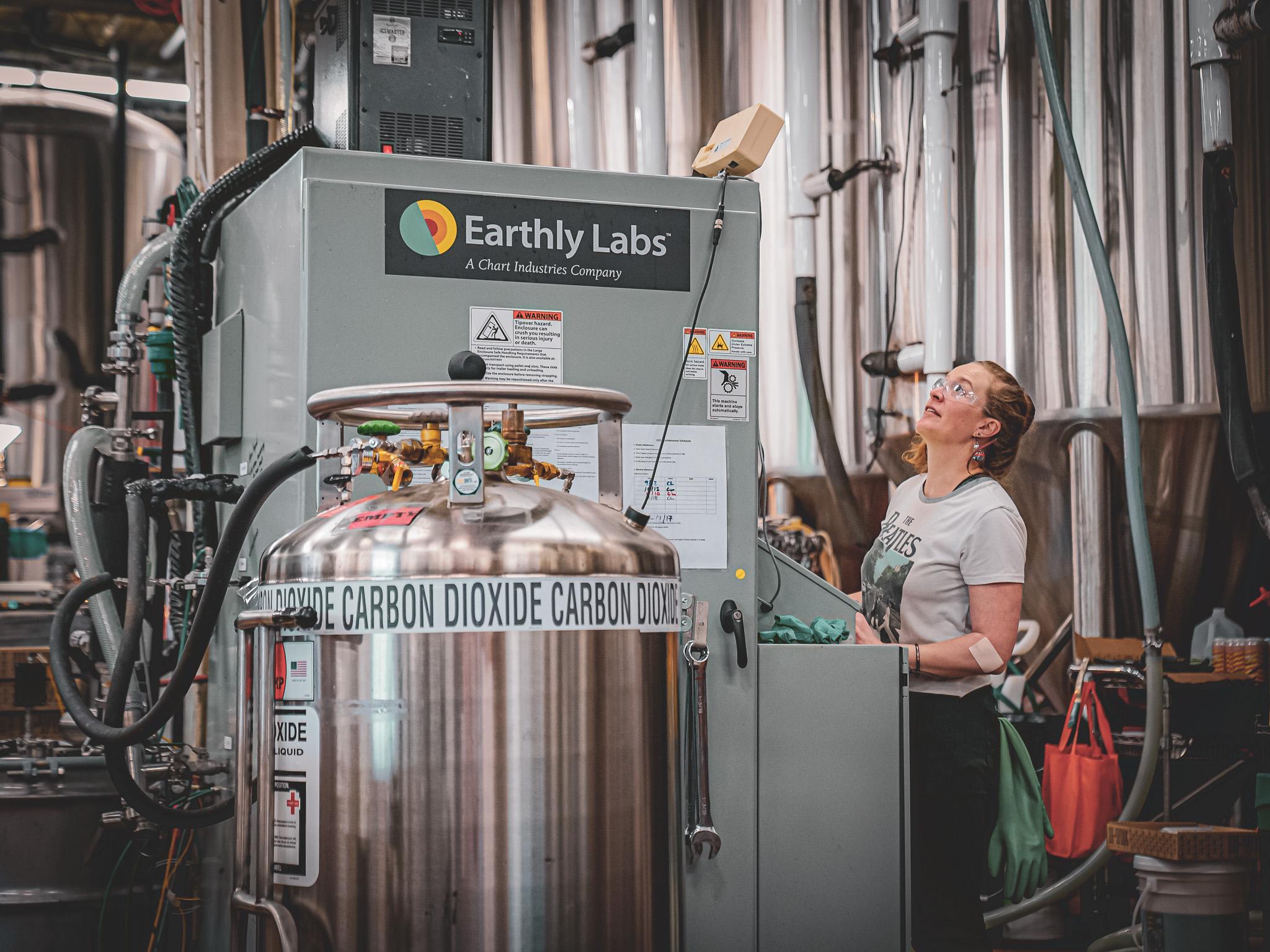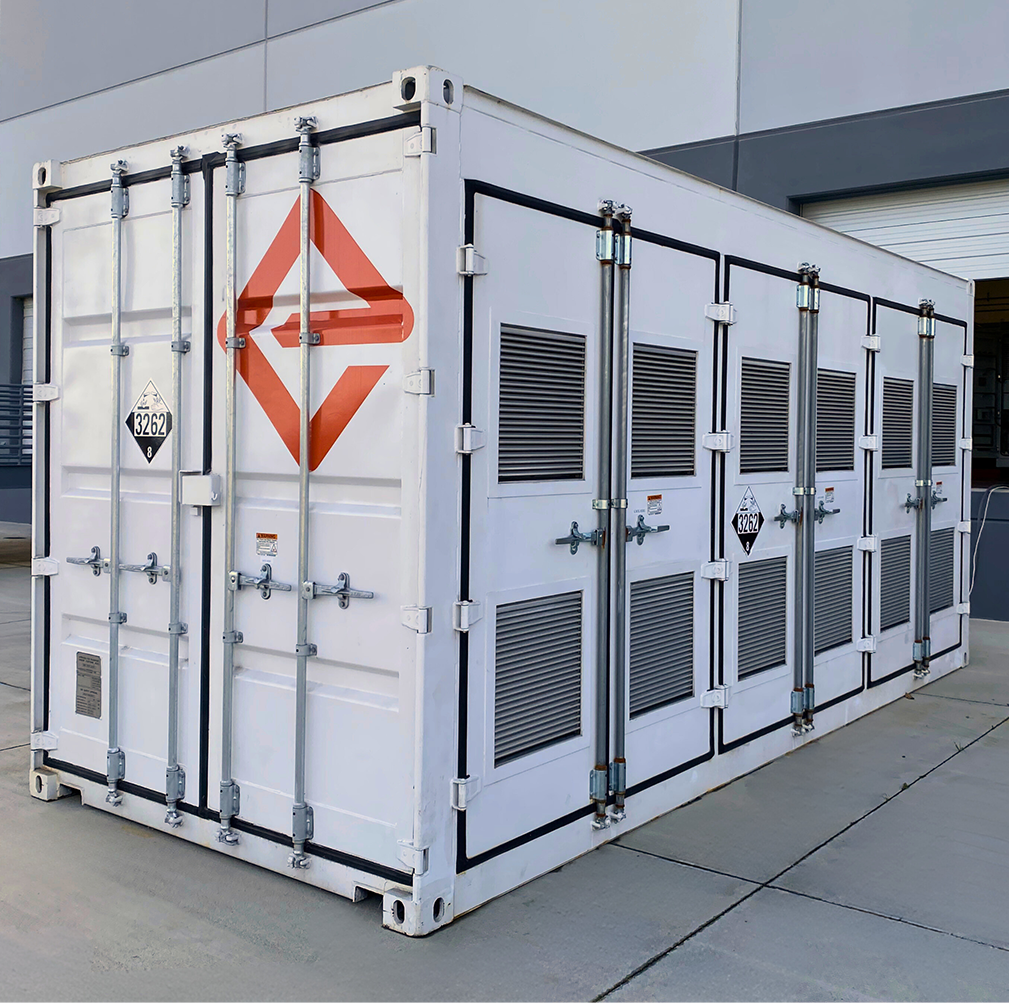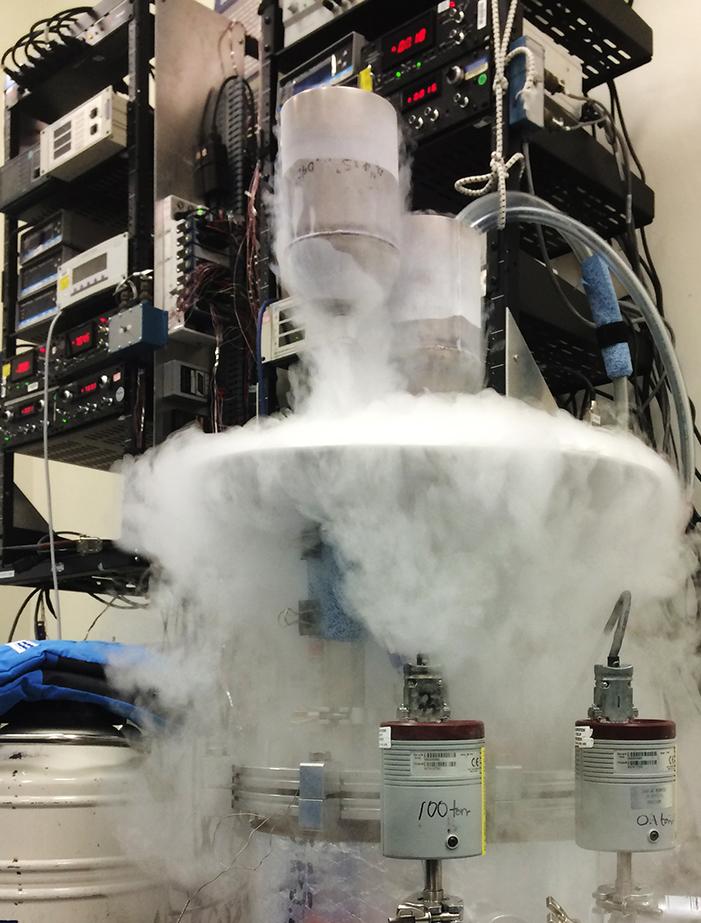Voltage Controller
Most alternating current induction motors squander energy. Electric motor drive systems are estimated to consume over half of all electricity in the United States and over 70 percent of all electricity in industrial applications. And to make a bad situation worse, energy costs are climbing. Enter Power Efficiency Corporation's soft start energy saving motor controllers.
Based in Hackensack, New Jersey, Power Efficiency Corporation was specifically formed to manufacture and market products exclusively developed from NASA technology.
The original idea for a three-phase power factor controller with induced electric and magnetic fields sensing was developed by Frank Nola, an engineer at Marshall Space Flight Center. Patented by NASA in 1984, Power Efficiency Corporation later licensed the technology.
Power Efficiency and two major distributors, Performance Control located in Ann Arbor, Michigan and Edison Power Technologies of Paramus, New Jersey, use the electronic control boards that represent the NASA developed technology to assemble three different motor controllers.
These motor controllers are known by brand names: Power Commander, Performance Controller, and Energy Master. All three products have been accepted by the marketplace. Customer lists include a large number of multi -billion dollar companies, such as May Department Stores, Caesers Atlantic City, Ford Motors, and American Axle.
Power Efficiency's Power Factor Controller (PFC) reduces excessive energy waste in AC induction motors. The motor controller is a solid state unit providing a reduced voltage start, reduced energy consumption and improved power factor. The unit monitors the phase lag of the current and voltage relationship in a motor that is operating at less than full mechanical load. The controller cuts back the voltage to precisely what the motor requires to maintain the rated speed and torque under the present load.
Volts, amps and watts are reduced and motor life is increased. The results show up immediately as a financial savings at the utility meter. The significance of the PFC lies in the fact that nearly a billion induction motors are used daily. The motor controller is used in industries and applications where motors operate under variable loads, including elevators and escalators, machine tools, intake and exhaust fans, oil wells, conveyors, pumps, die casting, and compressors.
In January 1997, Power Efficiency filed a patent application with the U.S. Patent and Trademark Office for its newly developed phase detector technology.
"The reason for the change is based solely on the engineering changes that have occurred in the manufacture of AC Induction motors," says Power Efficiency Corporation president, Nicholas Anderson. "The original NASA technology was excellent for the control of AC Induction motors manufactured in prior years. The new patent applied for serves the specific purpose of controlling motors that were not in existence when Frank Nola received his patents, and the patent we have applied for would not exist without the NASA patents and technology," Anderson says.
Recently, Power Efficiency Corporation became a public corporation and is traded on the NASDAQ. While the offering was small, but successful, the company is poised for future growth.
"We are truly indebted to NASA for our start and our success," says Anderson.
Performance Controller is a salesmark of Power Efficiency Corporation.
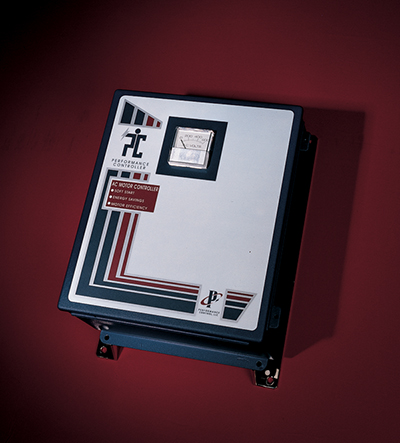
Motor controller to reduce energy consumption in AC induction motors was developed by NASA. The technology has been licensed and is being widely used in many commercial applications.




